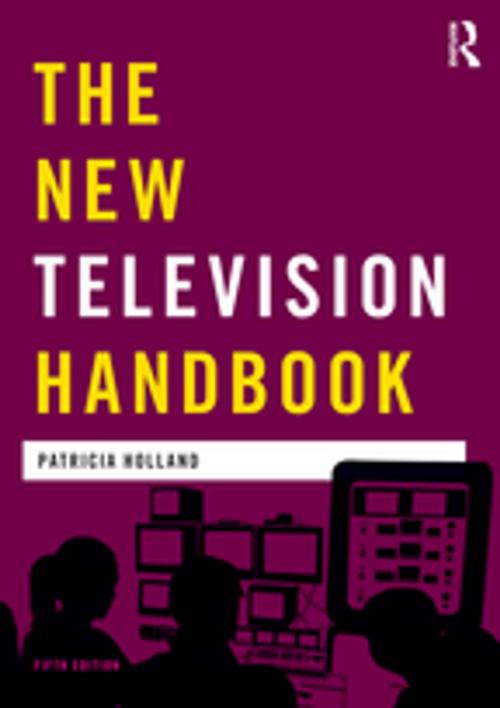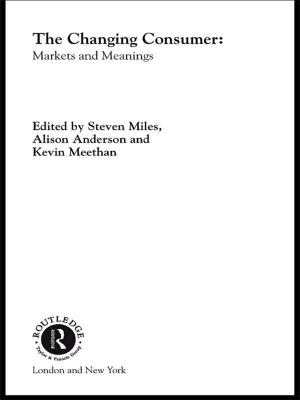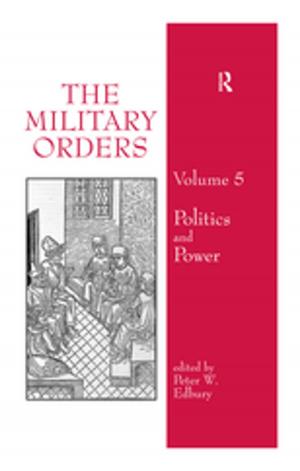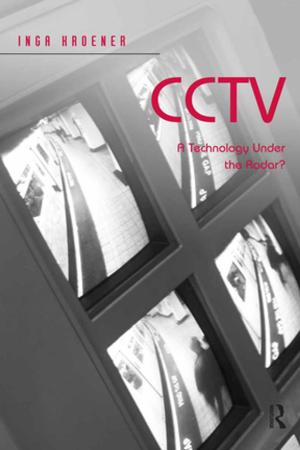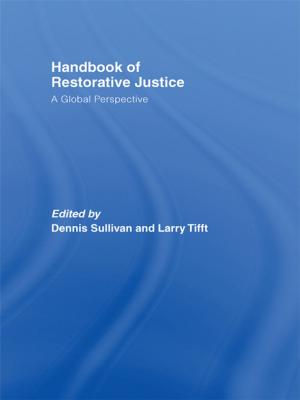| Author: | Patricia Holland, Jonathan Bignell, Jeremy Orlebar | ISBN: | 9781317532132 |
| Publisher: | Taylor and Francis | Publication: | July 14, 2017 |
| Imprint: | Routledge | Language: | English |
| Author: | Patricia Holland, Jonathan Bignell, Jeremy Orlebar |
| ISBN: | 9781317532132 |
| Publisher: | Taylor and Francis |
| Publication: | July 14, 2017 |
| Imprint: | Routledge |
| Language: | English |
The New Television Handbook provides an exploration of the theory and practice of television at a time when the medium is undergoing radical changes. The book looks at television from the perspective of someone new to the industry, and explores the place of the medium within a constantly changing digital landscape.
This title discusses key skills involved in television production, including: producing, production management, directing, camera, sound, editing and visual effects. Each of these activities is placed within a wider context as it traces the production process from commissioning to post-production.
The book outlines the broad political and economic context of the television industry. It gives an account of television genres, in particular narrative, factual programmes and news, and it considers the academic discipline of media studies and the ways in which theorists have analysed and tried to understand the medium. It points to the interplay of theory and practice as it draws on the history of the medium and observes the ways in which the past continues to influence and invigorate the present.
The New Television Handbook includes:
- contributions from practitioners ranging from established producers to new entrants;
- a comprehensive list of key texts and television programmes;
- a revised glossary of specialist terms;
- a section on training and ways of getting into the industry.
By combining theory, real-world advice and a detailed overview of the industry and its history, *The New Television Handbook *is an ideal guide for students of media and television studies and young professionals entering the television industry.
The New Television Handbook provides an exploration of the theory and practice of television at a time when the medium is undergoing radical changes. The book looks at television from the perspective of someone new to the industry, and explores the place of the medium within a constantly changing digital landscape.
This title discusses key skills involved in television production, including: producing, production management, directing, camera, sound, editing and visual effects. Each of these activities is placed within a wider context as it traces the production process from commissioning to post-production.
The book outlines the broad political and economic context of the television industry. It gives an account of television genres, in particular narrative, factual programmes and news, and it considers the academic discipline of media studies and the ways in which theorists have analysed and tried to understand the medium. It points to the interplay of theory and practice as it draws on the history of the medium and observes the ways in which the past continues to influence and invigorate the present.
The New Television Handbook includes:
- contributions from practitioners ranging from established producers to new entrants;
- a comprehensive list of key texts and television programmes;
- a revised glossary of specialist terms;
- a section on training and ways of getting into the industry.
By combining theory, real-world advice and a detailed overview of the industry and its history, *The New Television Handbook *is an ideal guide for students of media and television studies and young professionals entering the television industry.
